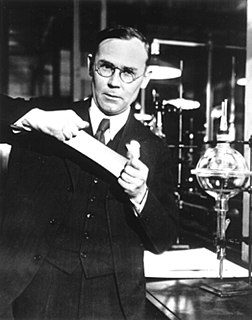A Quote by Jane Goodall
We can't leave people in abject poverty, so we need to raise the standard of living for 80% of the world's people, while bringing it down considerably for the 20% who are destroying our natural resources.
Related Quotes
I don't think anybody has the right to a huge family. There's already more people on the planet than our natural resources can even support, and if everybody were to have a high standard of living, we need three or four or five new planets to provide the resources. And this cannot be, so something has to change.
The Tao teaches us to let go of things. Use the 80/20 rule. If you take all your clothes, you'll find out that you only wear 20 percent of them. Take what you have and don't use and circulate it. Give stuff to people who truly need it. After all, we come into this world with nothing; we leave this world with nothing.
While civilization is more than a high material living standard, it is nevertheless based on material abundance. It does not thrive on abject poverty or in an atmosphere of resignation and hopelessness. Therefore the end objectives of solar system exploration are social objectives in the sense that they relate to, or are dictated by, present and future human needs.
Economists often talk about the 80/20 Principle, which is the idea that in any situation roughly 80 percent of the “work” will be done by 20 percent of the participants. In most societies, 20 percent of criminals commit 80 percent of crimes. Twenty percent of motorists cause 80 percent of all accidents. Twenty percent of beer drinkers drink 80 percent of all beer. When it comes to epidemics, though, this disproportionality becomes even more extreme: a tiny percentage of people do the majority of the work.



































